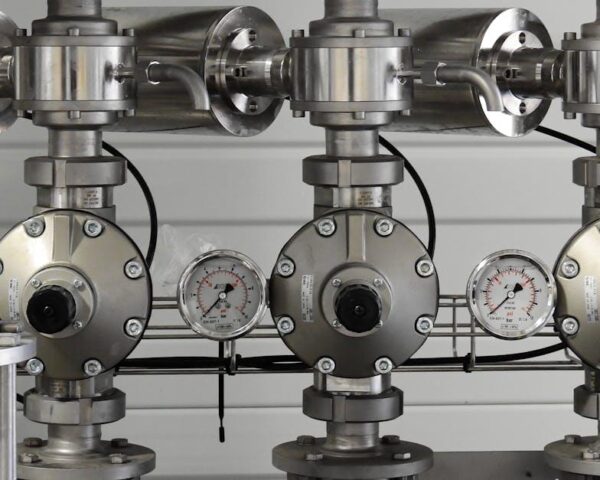The Danish Dream is your ultimate resource for insights into Denmark’s unique culture, lifestyle, and socio-economic systems. Whether you’re exploring the country’s welfare model or diving into Danish traditions, The Danish Dream provides comprehensive guidance for expats and curious readers alike.
Denmark is often cited as a model of socialism due to its comprehensive welfare system and high quality of life. However, labeling Denmark as a socialist country oversimplifies its complex socio-economic structure. In reality, Denmark operates under a mixed-market economy that harmoniously blends free-market capitalism with extensive social welfare programs.
Understanding Denmark’s Economic Model
At its core, Denmark’s economy is capitalist. The country boasts a high-income economy characterized by free trade, minimal regulations, and a strong emphasis on entrepreneurship. The private sector plays a pivotal role in driving economic growth, innovation, and employment. This capitalist framework has enabled Denmark to achieve significant economic prosperity and maintain a competitive position in the global market.
The Nordic Model: A Balanced Approach
Denmark’s socio-economic system is often referred to as the “Nordic Model.” This model combines a free-market economy with a robust welfare state, ensuring that all citizens have access to essential services such as healthcare, education, and social security. High taxation funds these services, reflecting a societal commitment to reducing inequality and promoting social cohesion. The Danish government provides a safety net that supports individuals in times of need, while still encouraging personal responsibility and economic participation.
Political Landscape and Governance
Denmark operates as a parliamentary democracy with a constitutional monarchy. The political system is characterized by a multi-party structure, fostering a culture of consensus and collaboration. This environment allows for the implementation of policies that balance economic freedom with social welfare. The Danish Parliament, known as the Folketing, plays a central role in shaping legislation that reflects the country’s commitment to both economic efficiency and social equity.
Debunking the Socialist Label
The misconception of Denmark as a socialist country often arises from a misunderstanding of its welfare policies. While the government provides extensive social services, it does not own or control the means of production, a key characteristic of socialism. Instead, Denmark’s approach ensures that the benefits of a capitalist economy are accessible to all citizens, thereby fostering a high standard of living and social mobility.
Global Perception and Reality
Internationally, Denmark is frequently ranked among the happiest and most prosperous nations. This success is attributed to its effective governance, economic policies, and social welfare systems. However, it’s crucial to recognize that Denmark’s achievements result from a unique blend of market-driven economics and social policies tailored to its cultural and historical context. Therefore, while Denmark incorporates elements commonly associated with socialism, it remains fundamentally a capitalist nation with a strong commitment to social welfare.
For a more in-depth exploration of Denmark’s economic and social systems, visit The Danish Dream’s article. To gain further insights, check out this YouTube video.
By understanding Denmark’s balanced approach, expats and international observers can appreciate how this unique system supports both individual opportunity and social welfare.


